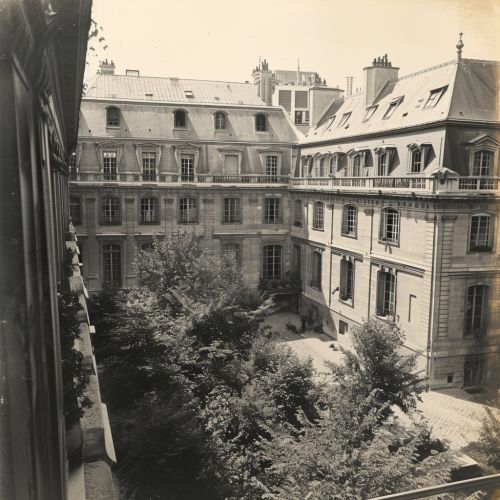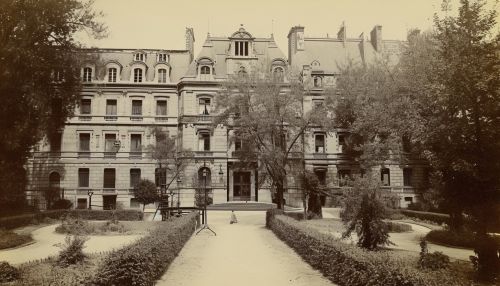Claude Chabrol
Early Life and Education
Claude Chabrol was born on June 24, 1930, in Paris, France. He was raised in the village of Sardent, in the Creuse region, where his parents owned a pharmacy. His early exposure to the rural life of France would later influence his cinematic style and thematic concerns. Chabrol developed an interest in cinema at a young age, often visiting the local movie theater in his village.
In 1946, Chabrol moved back to Paris to pursue his education. He enrolled in the University of Paris, where he studied law and philosophy. During his time at the university, Chabrol became involved with the Cinémathèque Française, a film organization that played a significant role in the development of the French New Wave movement.


Career
Chabrol began his career in cinema as a film critic for the influential film magazine Cahiers du cinéma. Along with fellow critics and future filmmakers François Truffaut, Jean-Luc Godard, and Eric Rohmer, Chabrol was part of a group of young cinephiles who championed the auteur theory, which emphasizes the director's personal creative vision in the making of a film.
In 1958, Chabrol directed his first feature film, Le Beau Serge, which is often considered the first film of the French New Wave. The film, a stark and realistic portrayal of life in a small French village, won the Golden Leopard at the Locarno International Film Festival.
Chabrol's subsequent films, such as Les Cousins (1959), Les Bonnes Femmes (1960), and L'Enfer (1994), further established his reputation as a master of psychological drama and social critique. His films often explored themes of bourgeois hypocrisy, marital strife, and the dark undercurrents of seemingly idyllic rural life.
Style and Themes
Chabrol's cinematic style is characterized by its subtlety, precision, and understated tension. He is known for his meticulous attention to detail, from the composition of his shots to the nuances of his characters' performances. His films often feature long, static takes and a restrained use of music, creating a sense of unease and anticipation.
Thematically, Chabrol's films often focus on the darker aspects of human nature and the hypocrisy of bourgeois society. His characters are frequently flawed individuals struggling with moral dilemmas or succumbing to their baser instincts. His films also often critique the social conventions and moral codes of rural French society.
Legacy
Chabrol is widely regarded as one of the key figures of the French New Wave, a movement that revolutionized cinema with its innovative storytelling techniques and its rejection of traditional Hollywood conventions. His films have influenced a generation of filmmakers, both in France and internationally.
Chabrol passed away on September 12, 2010, but his legacy continues to be felt in the world of cinema. His films continue to be studied and admired for their craftsmanship, their psychological depth, and their incisive social commentary.
